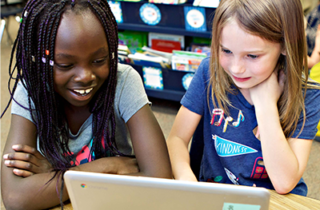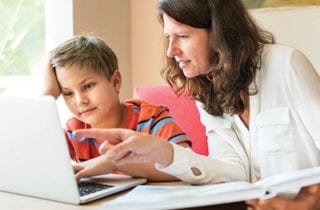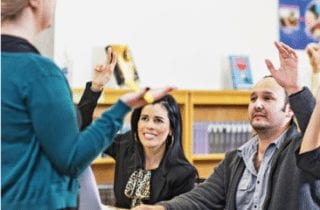Presented by Dr. Julie A. Evans, CEO, Project Tomorrow
Presented by Bethany Lockhart Johnson, Educator
In this edWebinar, we will discuss the challenges faced by parents and caregivers as the nation moves to home-based schooling.
Teachers are challenged on a regular basis by parents who feel their child is being treated unfairly at school. Administrators expect teachers to diffuse these situations with professionalism, but many educators lack training in this highly emotional area. Join veteran teacher and administrator Shannon Holden as he shows early career teachers how to create and maintain positive relationships with volatile parents and difficult teacher-parent situations.
This webinar will explore the ways in which participatory and enjoyable adult-child music activities can engage parents in their child’s learning, enhance the home learning environment, promote family engagement in school, and support a strong child-teacher-family connection.
Earning the respect of colleagues and parents is a monumental task. The first step for the novice is establishing lines of communication.
Studies show that it is imperative to change from the “old way” of thinking about parental involvement to a “new way” of organizing district leadership and school-based programs of school, family, and community partnerships. Dr. Joyce Epstein of Johns Hopkins University discussed key concepts, essential structures, and expected results of research-based programs of family and community involvement.
How has your school built a positive culture around digital citizenship? How have you involved students, faculty, staff, leadership, and parents? You can build a positive school culture around digital citizenship, and involve all stakeholders.
The old way of leading a school sometimes involved sending out newsletters once a month to parents, and checking off a list of “to do’s” at monthly faculty meetings. For some leaders though, that wasn’t enough. They wanted to go deeper in their involvement in the school community, and take risks with how they communicate with all stakeholders. It involves flipped leadership.
Ask any parent about their children’s media use, and most will tell you they’re interested in media that help their kids learn. But what are parents’ experiences with their children’s use of educational media?











